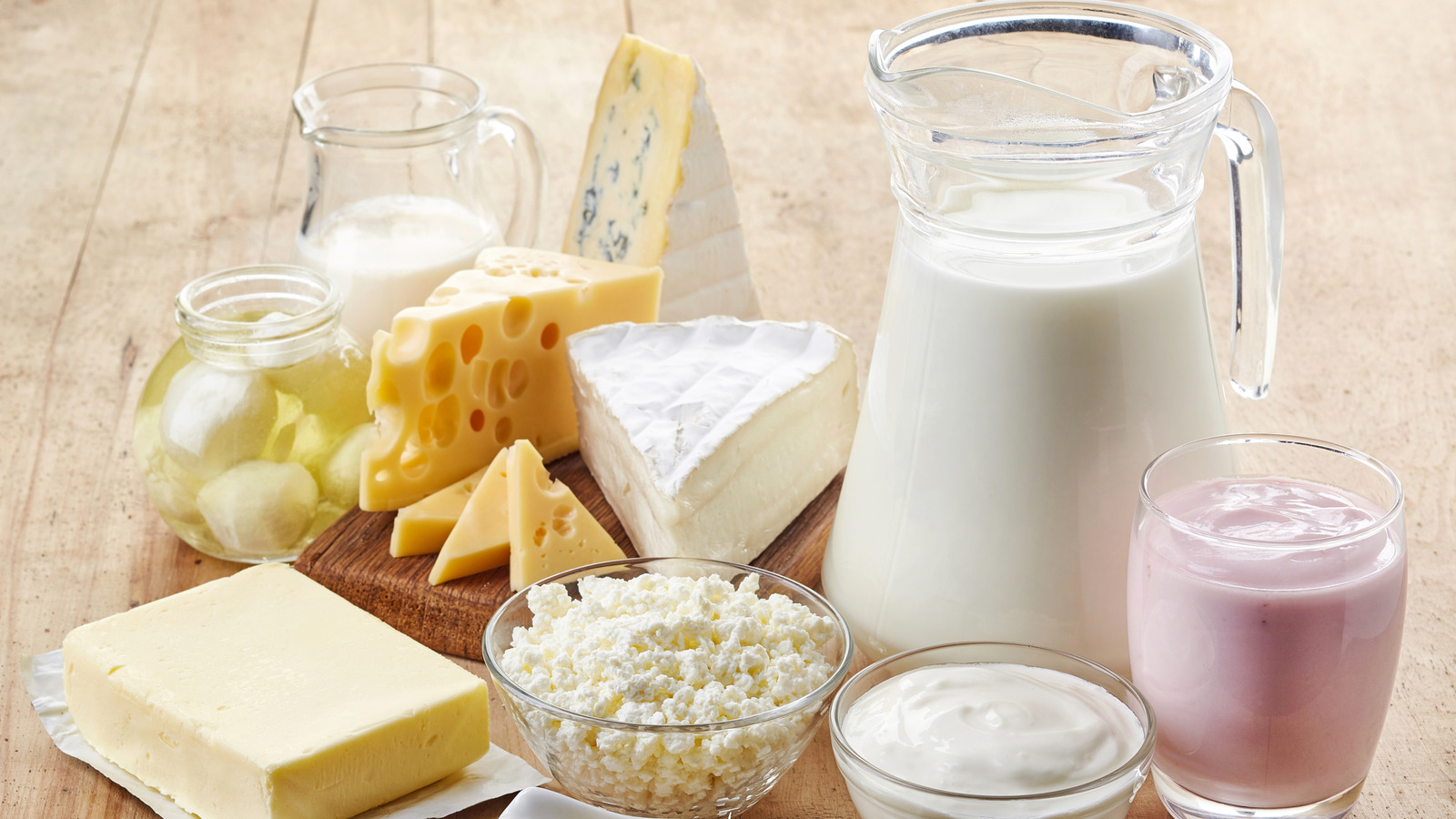
"But if you're actually after the biggest calcium return, yogurt outpaces milk. It's milk, plus: the liquid is reduced, the solids are concentrated, and the minerals pulled closer together by fermentation. As the proteins tighten, calcium becomes more densely packed per spoonful. A cup of milk delivers about 275 to 300 milligrams of calcium. A cup of plain low-fat yogurt averages about 400 milligrams of calcium, sometimes more depending on the brand and style."
"Basically, yogurt gives you everything milk does, with less volume and some other appealing extras - probiotics. During fermentation, bacteria convert milk sugars into lactic acid, which slightly lowers the pH and helps keep calcium soluble rather than locked in proteins.Lactic acid and live bacterial cultures thicken yogurt. Through fermentation, lactose and casein are partially broken down, which makes yogurt easier to digest than milk for many people. That same mild acidity keeps calcium in a soluble form, improving absorption in the small intestine."
Yogurt contains more concentrated calcium than milk because fermentation reduces liquid and concentrates solids, packing calcium more densely per serving. A cup of milk provides about 275–300 mg of calcium, while a cup of plain low-fat yogurt averages about 400 mg; Greek yogurt retains roughly 250 mg but delivers nearly twice the protein. Fermentation produces lactic acid and live cultures that thicken yogurt, keep calcium soluble, and partially break down lactose and casein, making yogurt easier to digest. Populations with lactose intolerance commonly use yogurt for its gentler digestibility, longer storage potential, and added nutrients. Flavored yogurts often add sugar and can undermine natural nutritional balance.
Read at Tasting Table
Unable to calculate read time
Collection
[
|
...
]